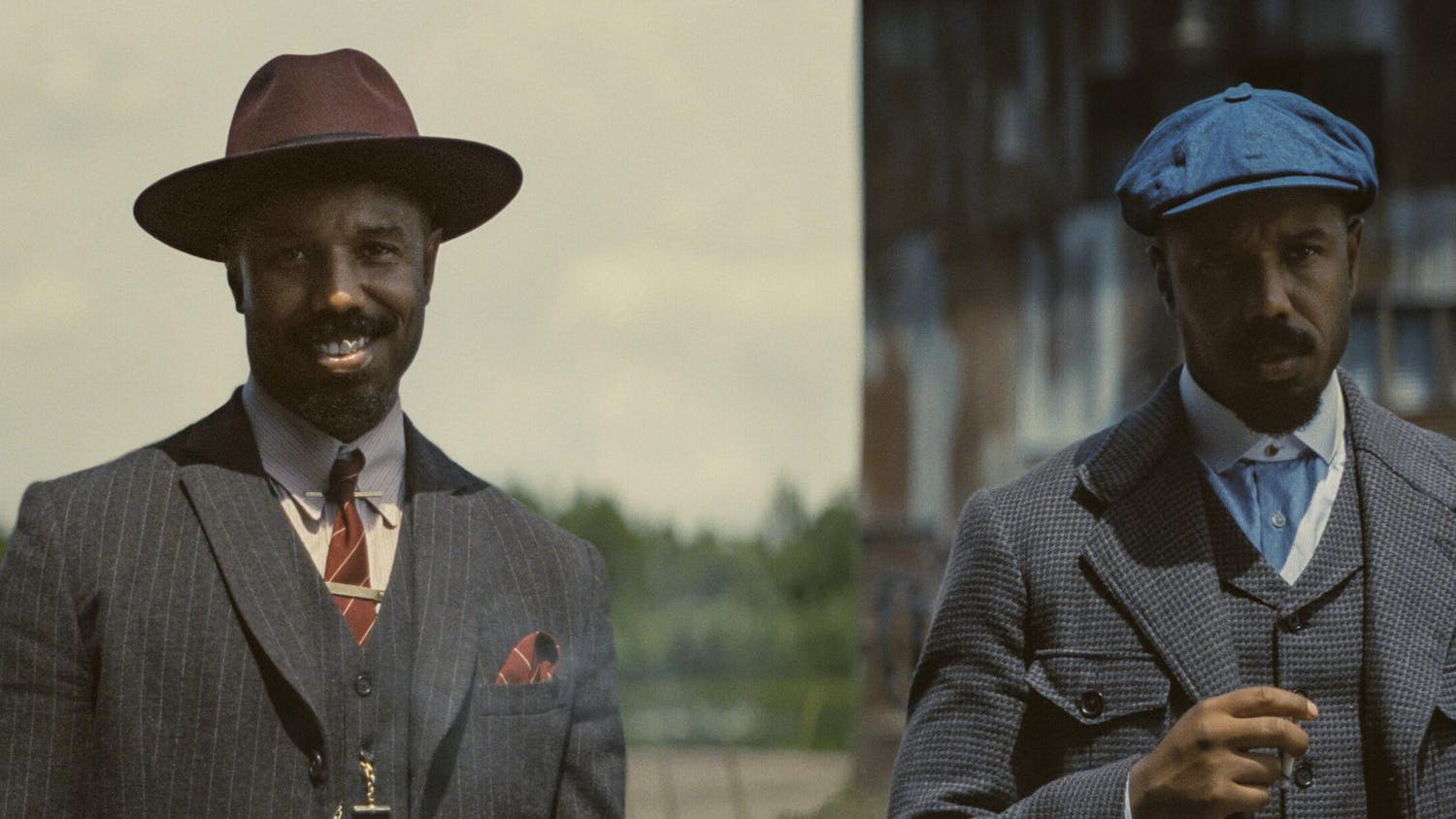Junior Kyle Gantz recently learned more about the Fox television show "Alias" than he will ever need to know. He spent more than 10 hours researching and writing a 6-page paper about the show's cinematography for a telecommunications class. \nThe assignment was worth 4 percent of Gantz's final grade. He received a 0.\nHe made one mistake -- an error citing the "Alias" tagline he saw on the DVD box. \nTo Gantz it was a formality. To his teacher it was stealing. An automatic "F."\nGantz is not the first student to learn the hard way that plagiarism takes several shapes at IU. \n"I never even considered it an issue," Gantz said. "I know what plagiarism is. I know it's wrong, and I would never do it."\nAt IU, blatantly stealing from sources in magazines, journals or on the Internet are not the only kinds of plagiarism. Often incidents are the result of common mistakes, such as Gantz made. Misused quotation marks, incorrect citation and paraphrasing are often considered illegal uses of others' published works.\n"Those cases are frustrating," said Department of Student Advocacy Director Sally Jones. "Most students are surprised when they are charged with this kind of academic misconduct."\nGantz said he finds it troubling that he was punished for an honest mistake.\n"Maybe what I did was technically plagiarism, but I don't feel that is was completely my fault," Gantz said. "I didn't maliciously copy anything or meaningfully break the rules, and if you read (the assignment) you'd see I definitely knew enough to pass."\nJones has seen situations like this before.\n"In about 40 percent of our cases the student is genuinely shocked that what they did was considered stealing," she said.\nThe number of plagiarism cases at IU has risen every year since 1999. One-hundred-fifty cases were filed with the Department of Student Ethics in 2002-2003. \nPam Freeman, associate dean of students and department of student ethics director, said IU needs to be tough on plagiarism in order to stop its increase.\n"Faculty are supposed to report even the first instance of plagiarism," she said. "It has become huge in recent years."\nUpperclassmen should be especially careful to correctly cite their sources. Because juniors and seniors are assumed to have more experience than underclassmen, teachers have higher expectations from their papers, Freeman said. Still, every student should be sure to use correct citation.\nSeveral University sources exist to teach students about plagiarism. In addition to basic English composition, a requirement in every University program, several IU schools have published guidelines for citation in pamphlets, in their handbooks or on their Web sites. Still, there is debate over when and how plagiarism instruction should be handled at IU, Jones said.\nPerhaps the most important guideline for plagiarism can be found in the IU Code of Student Rights, Responsibilities, and Conduct, section III, A-3, which states, "a student must not adopt or reproduce ideas, words, or statements of another person without appropriate acknowledgment." This is different from most dictionary definitions of plagiarism, which allude to a breach of ethics.\n"The student code does not say plagiarism has to be intentional," Freeman said. "It's still a serious problem whether or not the student meant to do it."\nAs a result, the University's meaning of plagiarism leaves more room for error.\n"It can be interpreted by any instructor on campus as they see fit," Jones said. "There is a biography professor who considers plagiarism to be three or more words taken directly from the text and not cited. Students have to take responsibility to find out from instructors what their definition of plagiarism is."\nUnfortunately, many IU students do not talk to individual teachers about plagiarism, and often instructors are vague about their policies. On a campus without a unifying definition, students often discover the rules after the fact when charged with plagiarism.\n"That could be a wonderful teaching moment," Jones said. "When (citation errors) are viewed as a case of misconduct teachers lose that opportunity to show students something very valuable." \nNo plan has been devised to stem plagiarism cases at IU, but Jones believes that more than one solution is possible.\n"Either the system needs to change to truly become more educational and more forgiving or students need to learn the reality of how things work now," she said. "Since the first solution looks less likely, students should learn the consequences of the judicial process and protect their rights by learning the student code."\n-- Contact staff writer Jake Rossman at jrossman@indiana.edu.
Lack of citations could be trouble
Students who cite carelessly might face plagiarism penalties
Get stories like this in your inbox
Subscribe





